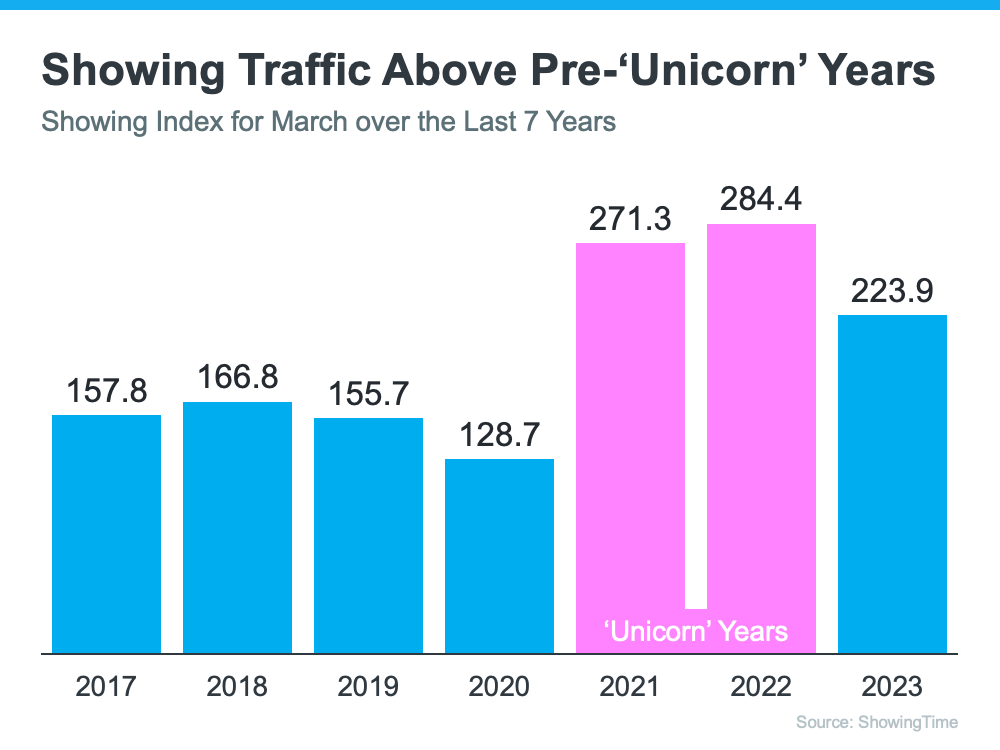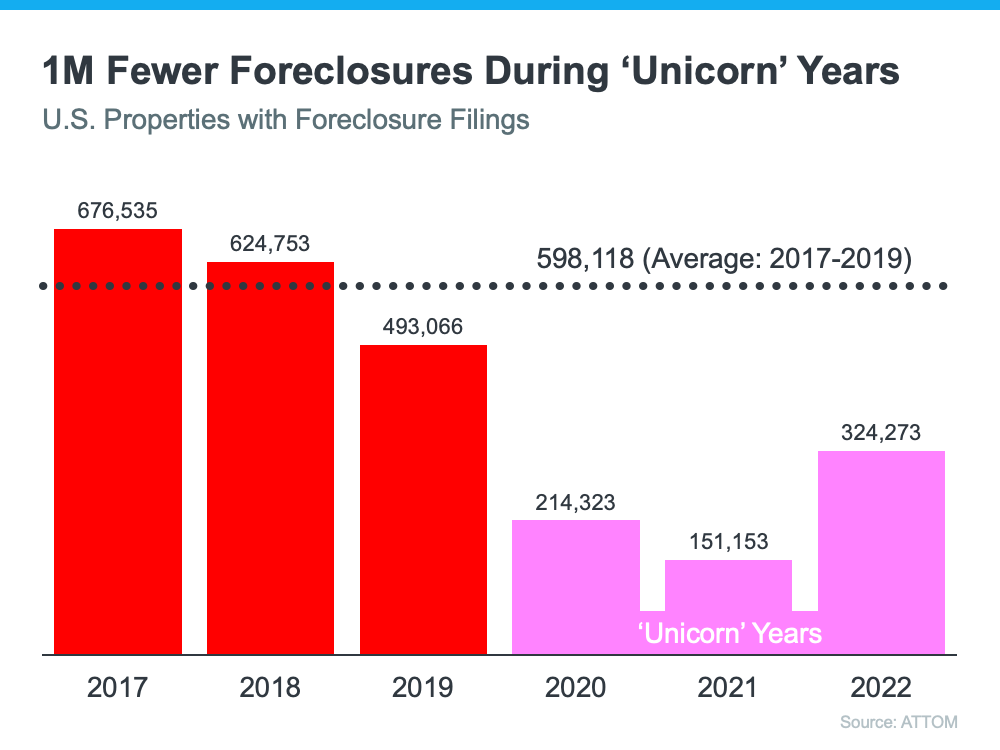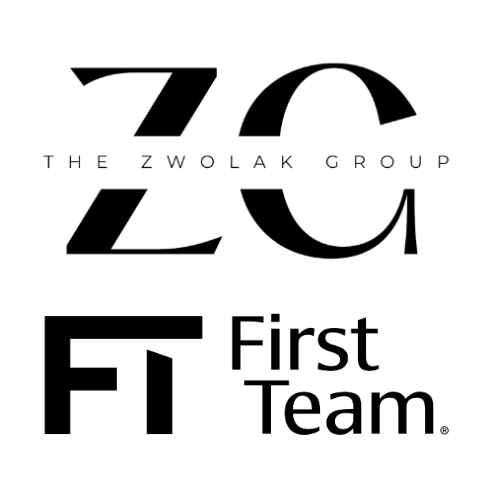In the realm of real estate, comparing metrics from one year to another can be a challenging task, especially in a normal housing market. Market variability often renders such comparisons less meaningful or accurate. Unpredictable events can significantly impact circumstances and outcomes, making it difficult to draw accurate conclusions. However, attempting to compare this year’s real estate figures to the two ‘unicorn’ years we just experienced is almost worthless. Now, you might be wondering, what exactly do we mean by ‘unicorn’ years?
The ‘Unicorn’ Years: A Definition: Unicorns are often associated with something that is greatly desired but difficult or impossible to find. The past few years, particularly during the pandemic, witnessed a profound transformation in the real estate landscape. The desire for a home of our own soared, driven by the need for a home office and spacious backyard. Waves of first-time and second-home buyers flooded the market, while historically low mortgage rates plummeted to unprecedented levels. Furthermore, the forbearance plan practically eliminated foreclosures, and home values reached unparalleled appreciation levels. It was an era that perfectly embodied the notion of something “greatly desired but difficult or impossible to find.”
The Return to Normal: As we move forward, the ‘unicorns’ have galloped off into the sunset, and the real estate market is gradually returning to normalcy. Attempting to compare today’s market with those extraordinary years becomes an exercise in futility. Here are three key examples that illustrate why such comparisons no longer hold true.
Buyer Demand: While headlines might suggest a scarcity of buyers, the reality is that the United States still sells over 10,000 houses per day. Undeniably, buyer demand has declined compared to the ‘unicorn’ years. However, when we compare it to more typical years, such as 2017-2019, we can see that buyer activity remains robust, as evidenced by data from ShowingTime.

Home Prices: Today’s home price increases cannot be compared to the extraordinary numbers witnessed in 2020 and 2021. Those years boasted historic levels of appreciation. By referring to a graph reflecting the more normal years of 2017-2019, we can discern a return to more typical home value increases. In the second half of 2022, there were several months of minimal depreciation. However, the market has now returned to a more standard rate of appreciation in the first quarter of this year, according to Fannie Mae.

Foreclosures: Disturbing headlines have emerged concerning the percentage increases in foreclosure filings. Naturally, these percentages will be higher than before, considering they are relative to historically low foreclosure rates. However, if we examine the information from ATTOM, a property data provider, we can contextualize the current numbers. The lifting of the moratorium on foreclosures has led to an increase over the past three years, but we are essentially reverting to the normal filing rates observed during 2017-2019.

Keeping Perspective: This year, unsettling headlines surrounding the housing market are bound to emerge. Many of these headlines stem from inappropriate comparisons to the ‘unicorn’ years. However, to navigate this complex landscape, it’s essential to have an expert on your side who can help you maintain proper perspective. By seeking professional guidance, you can make informed decisions and understand the nuances of the current housing market. Let’s connect and ensure you have the right expertise to navigate the ever-changing real estate terrain.
Courtesy of Keeping Current Matters – May 30, 2023
The information contained, and the opinions expressed, in this article are not intended to be construed as investment advice. Keeping Current Matters, Inc., First Team Real Estate and The Zwolak Group does not guarantee or warrant the accuracy or completeness of the information or opinions contained herein. Nothing herein should be construed as investment advice. You should always conduct your own research and due diligence and obtain professional advice before making any investment decision. Keeping Current Matters, Inc., First Team Real Estate, or The Zwolak Group will not be liable for any loss or damage caused by your reliance on the information or opinions contained herein.





